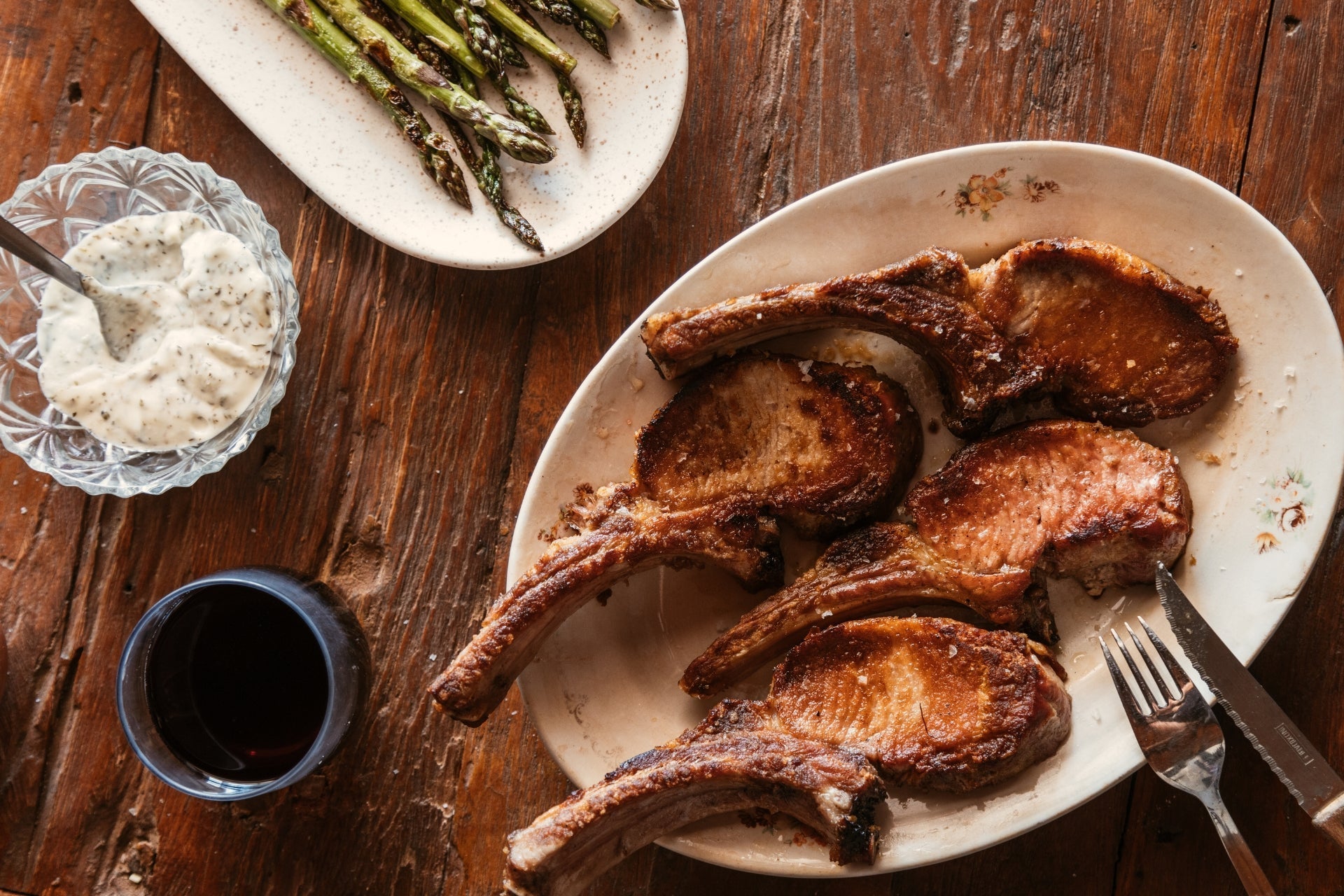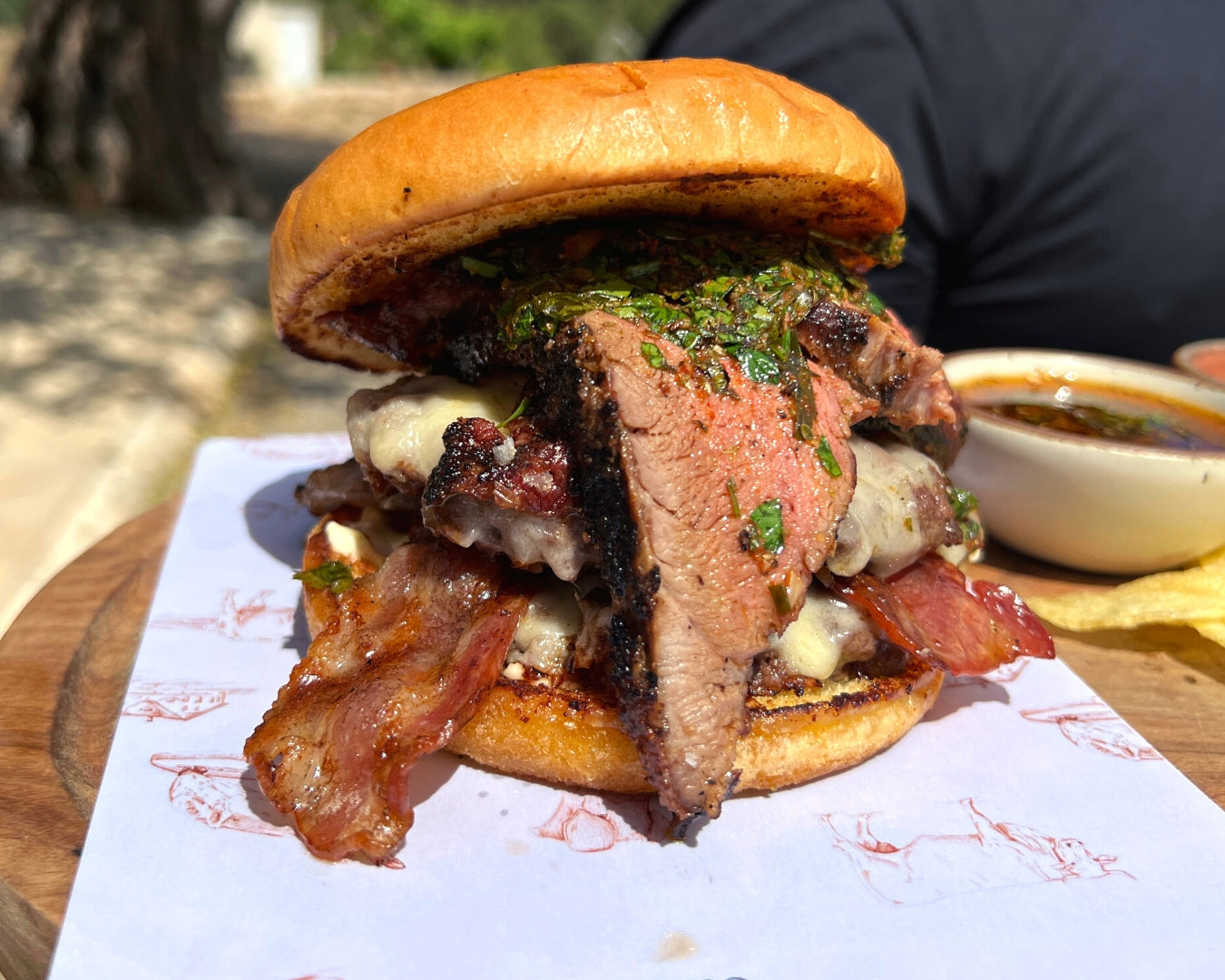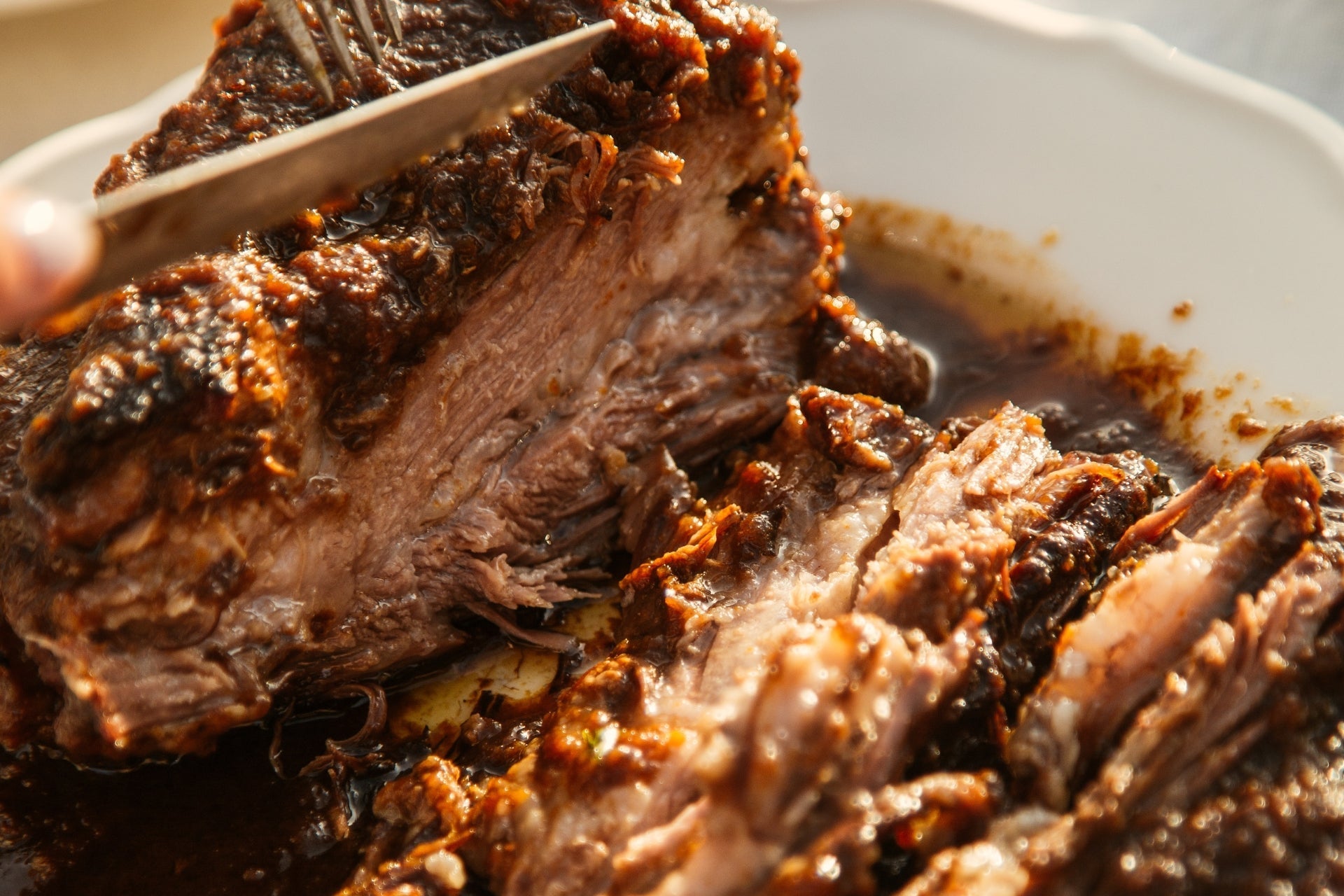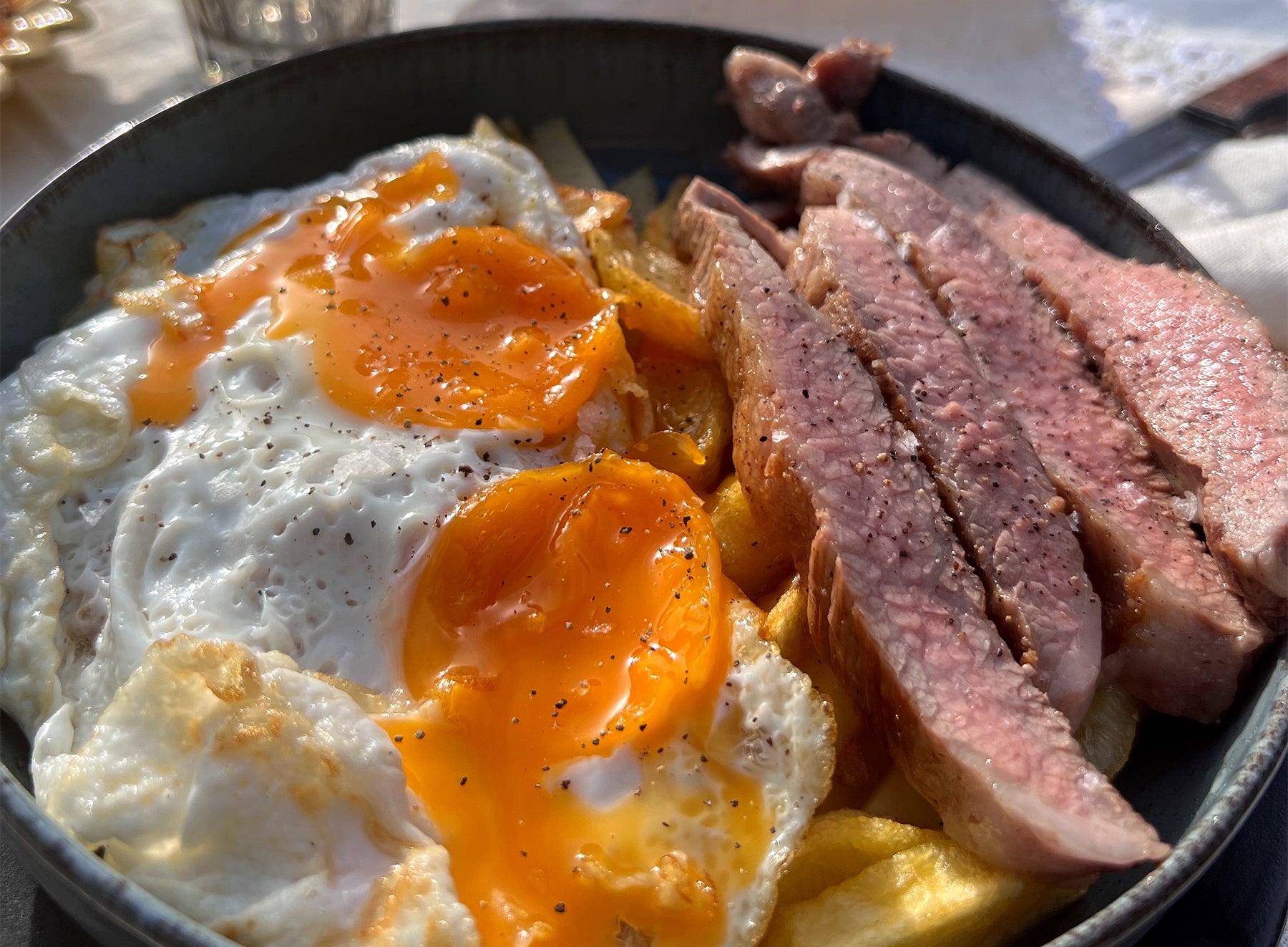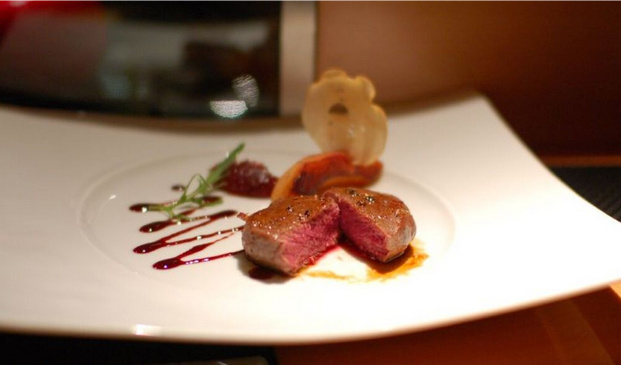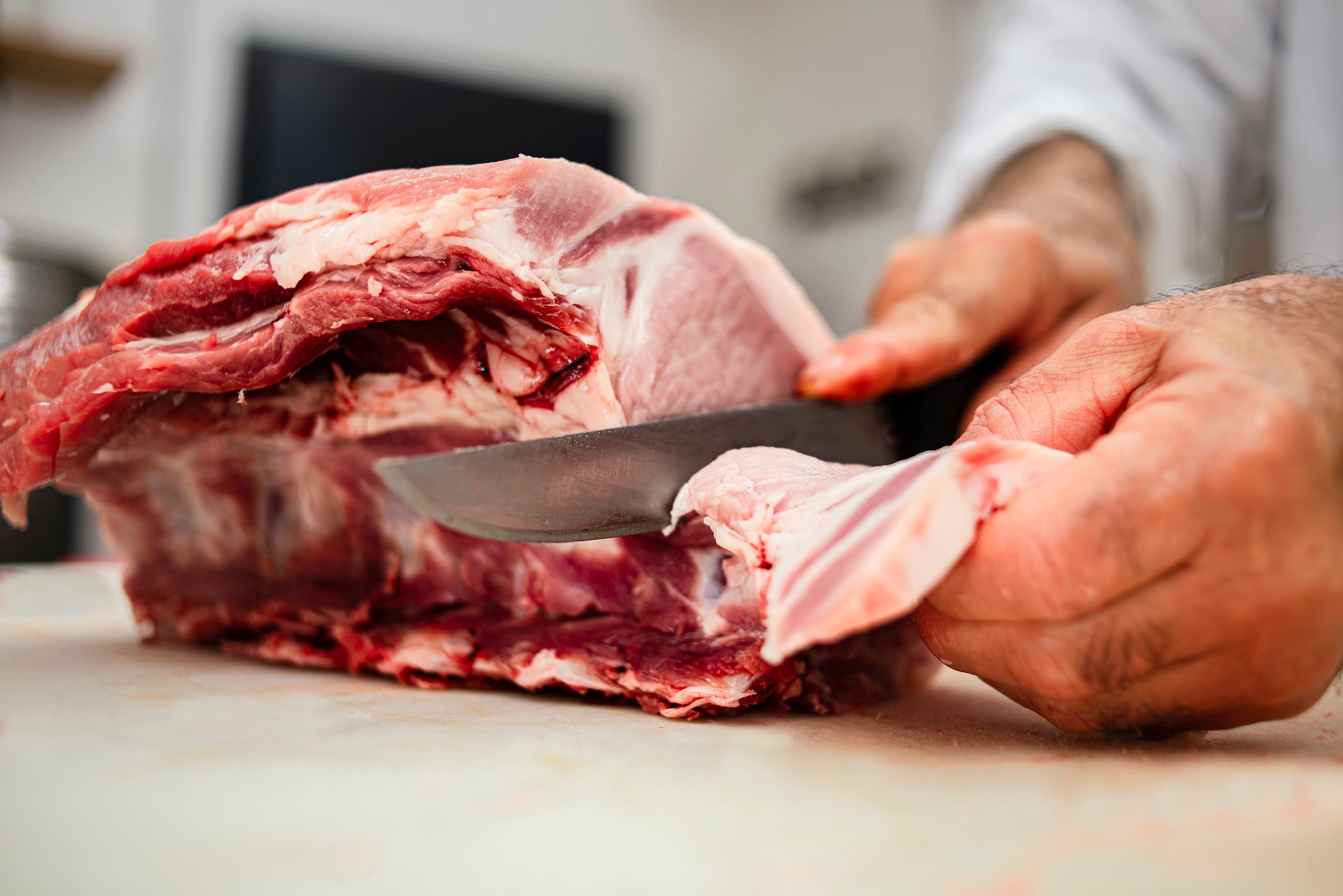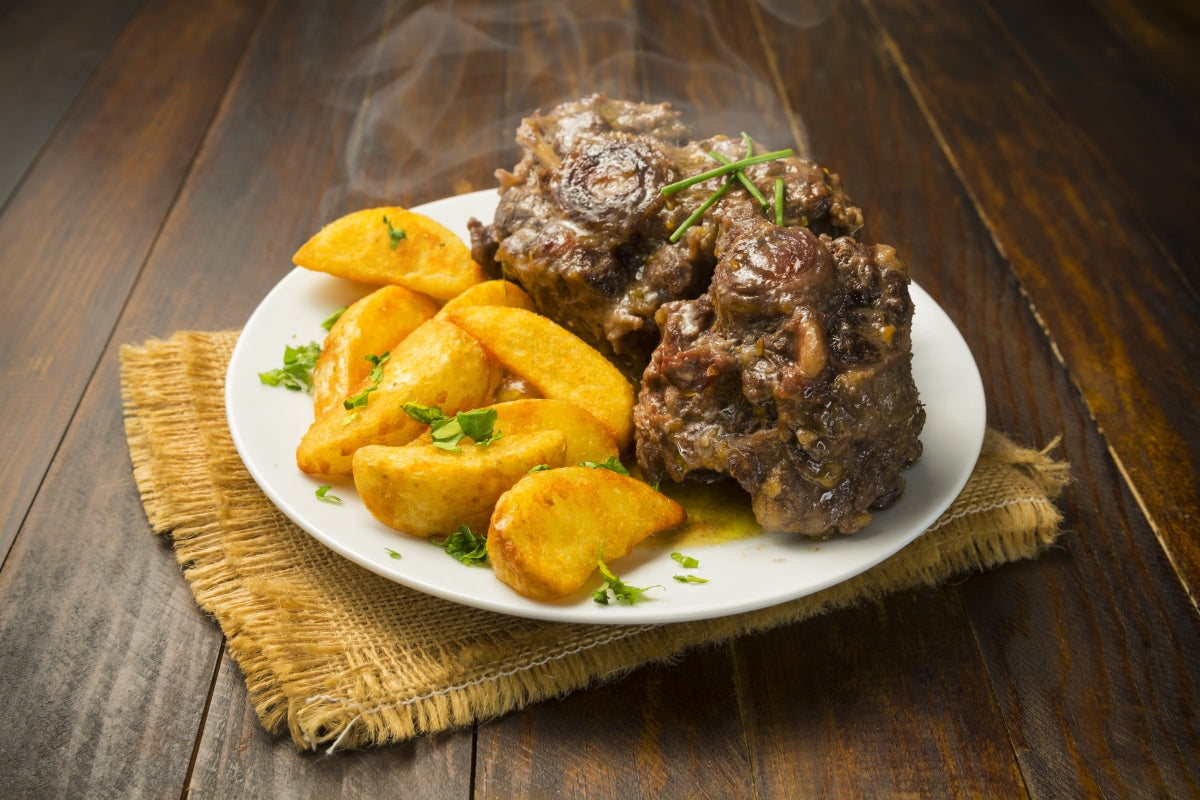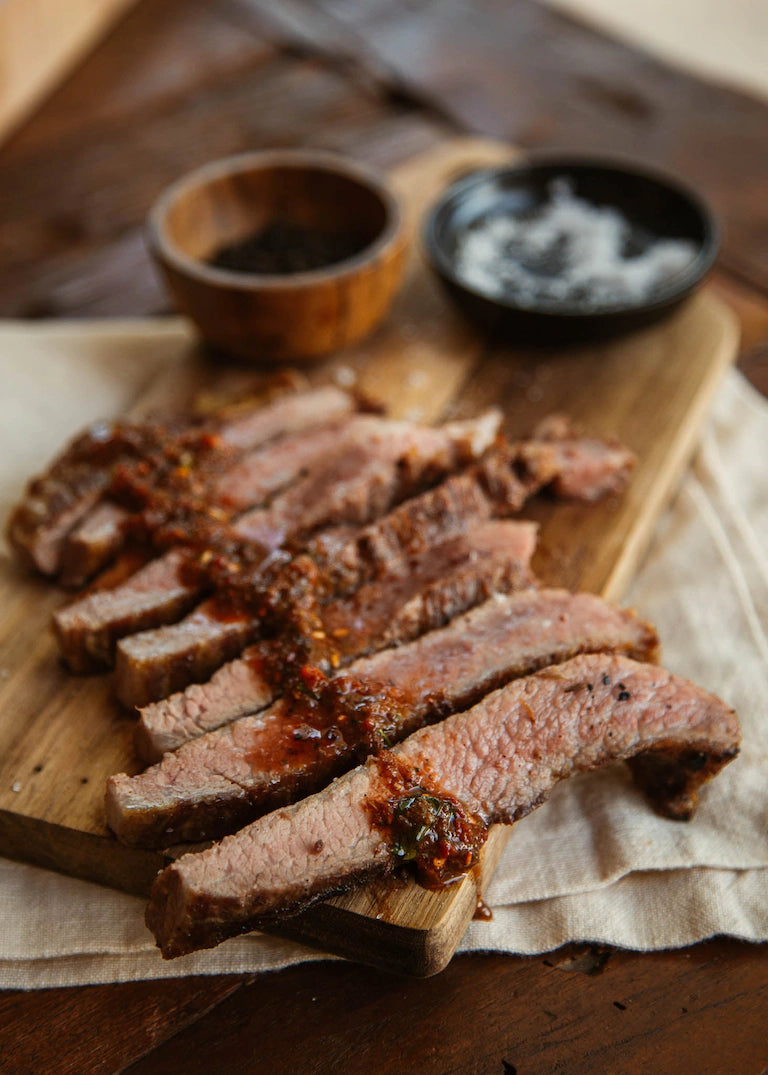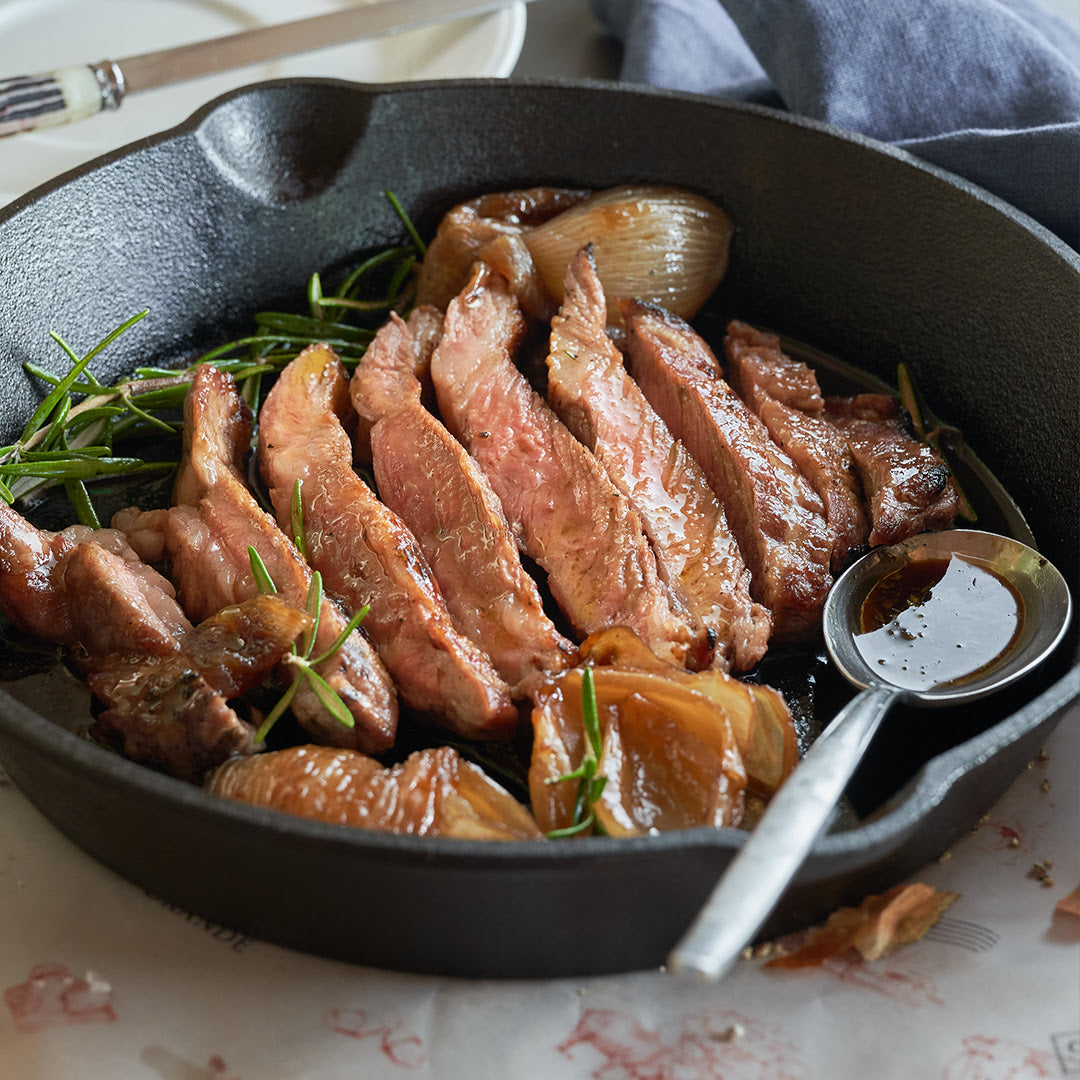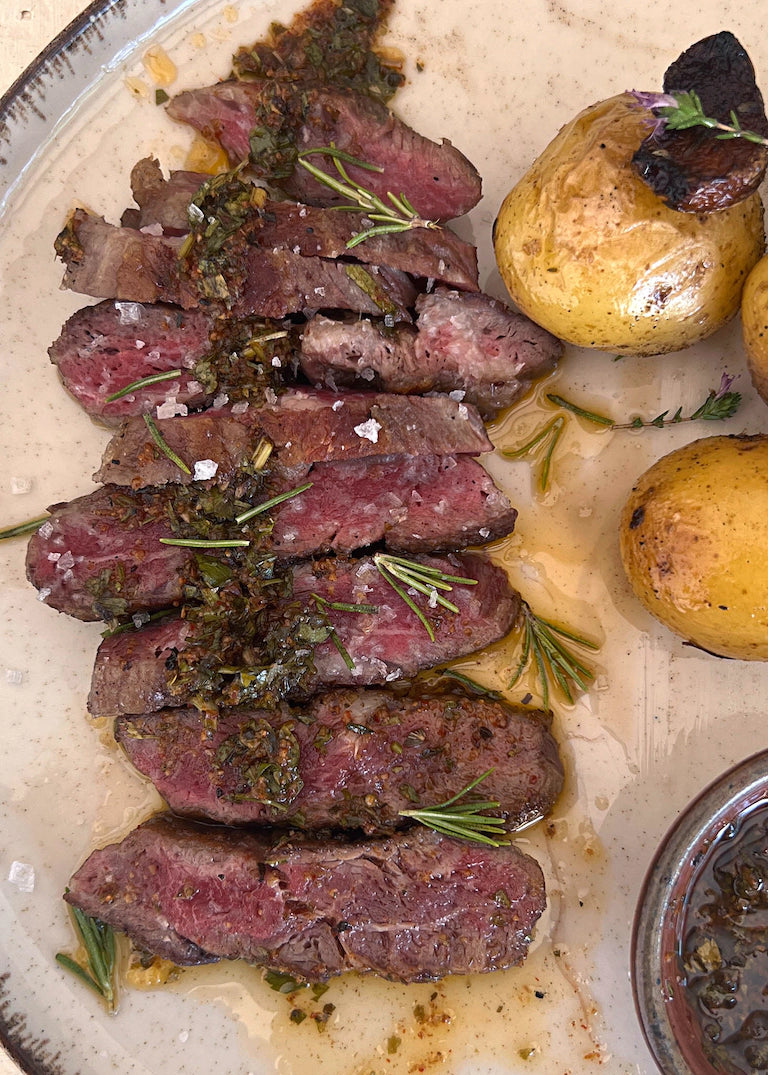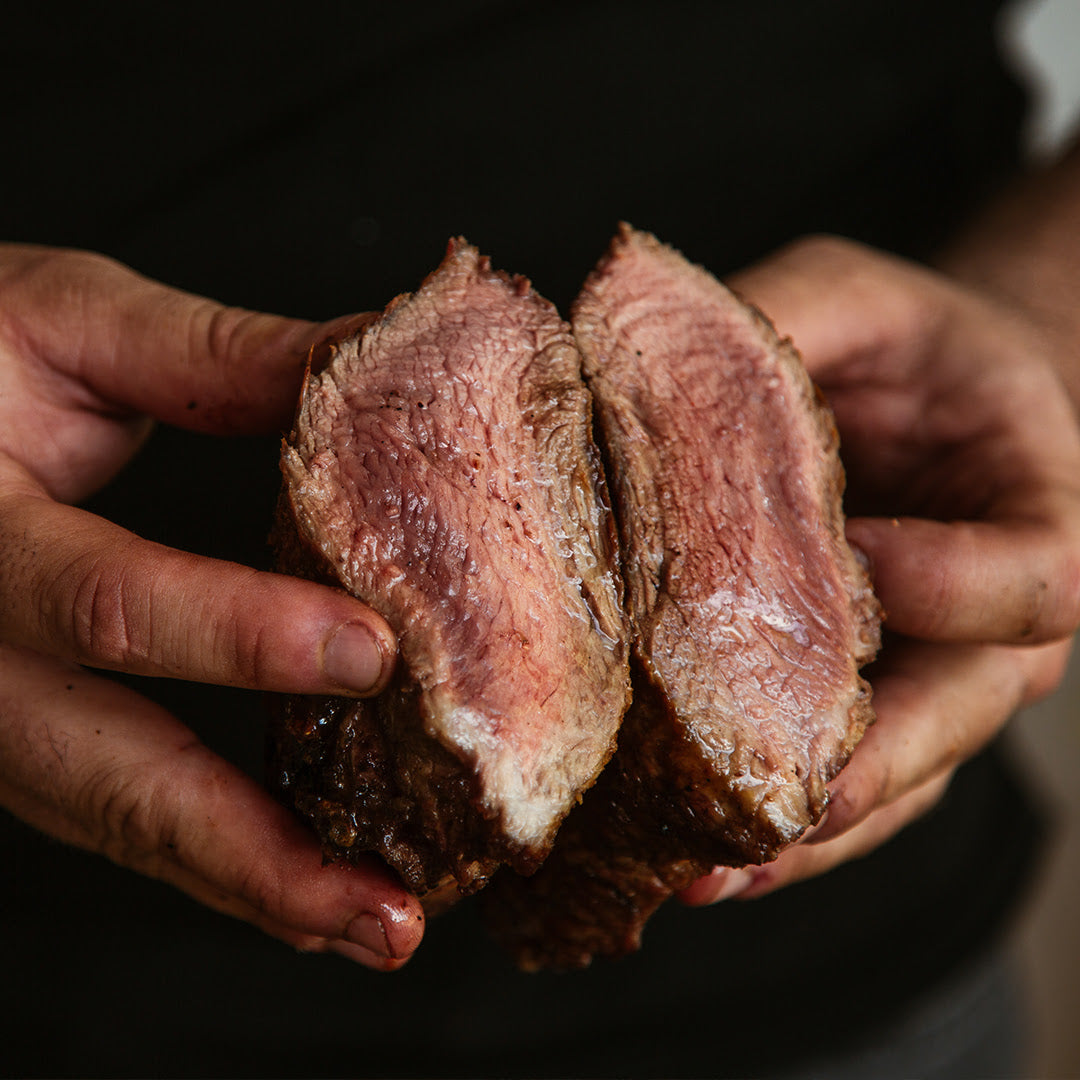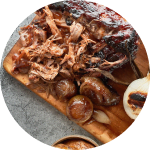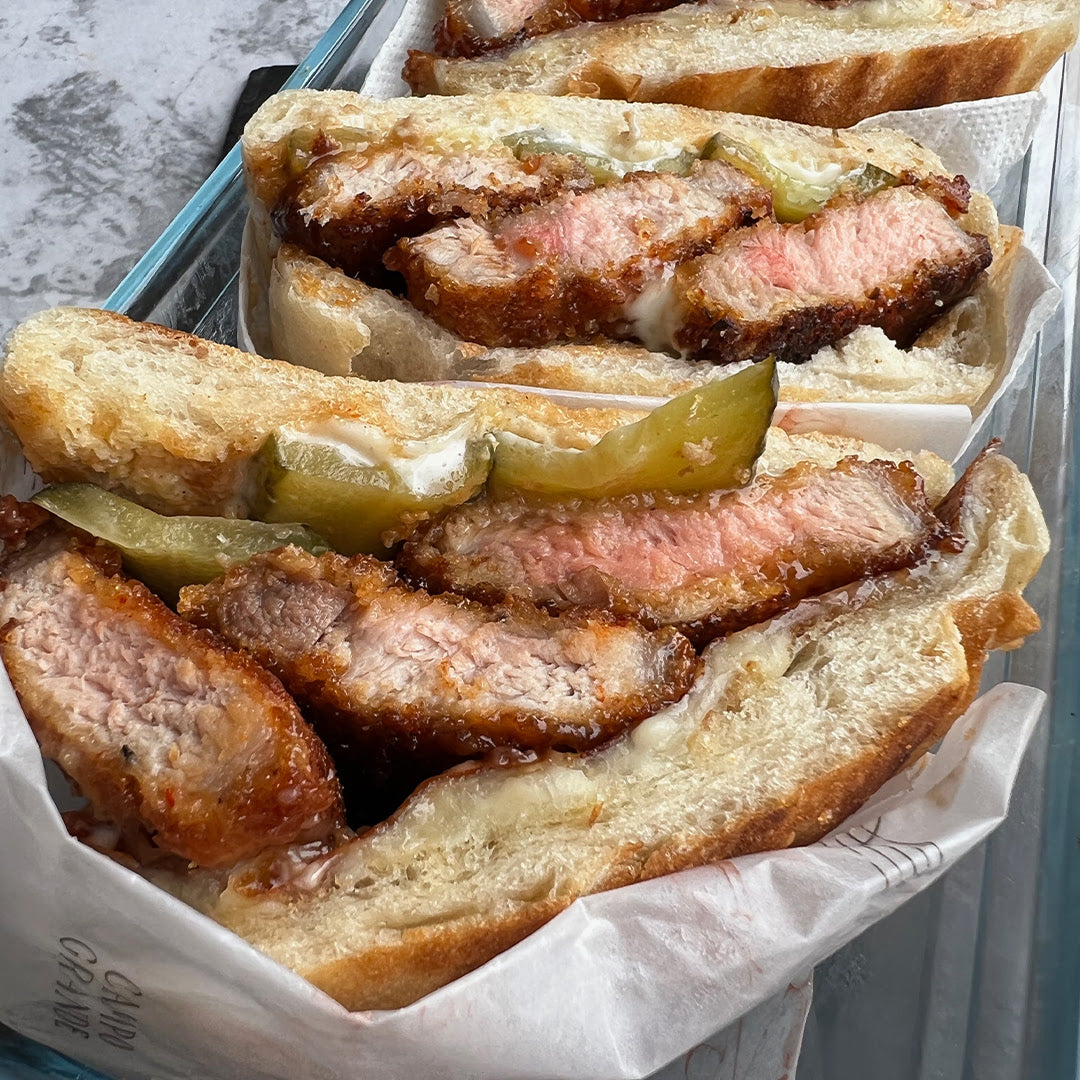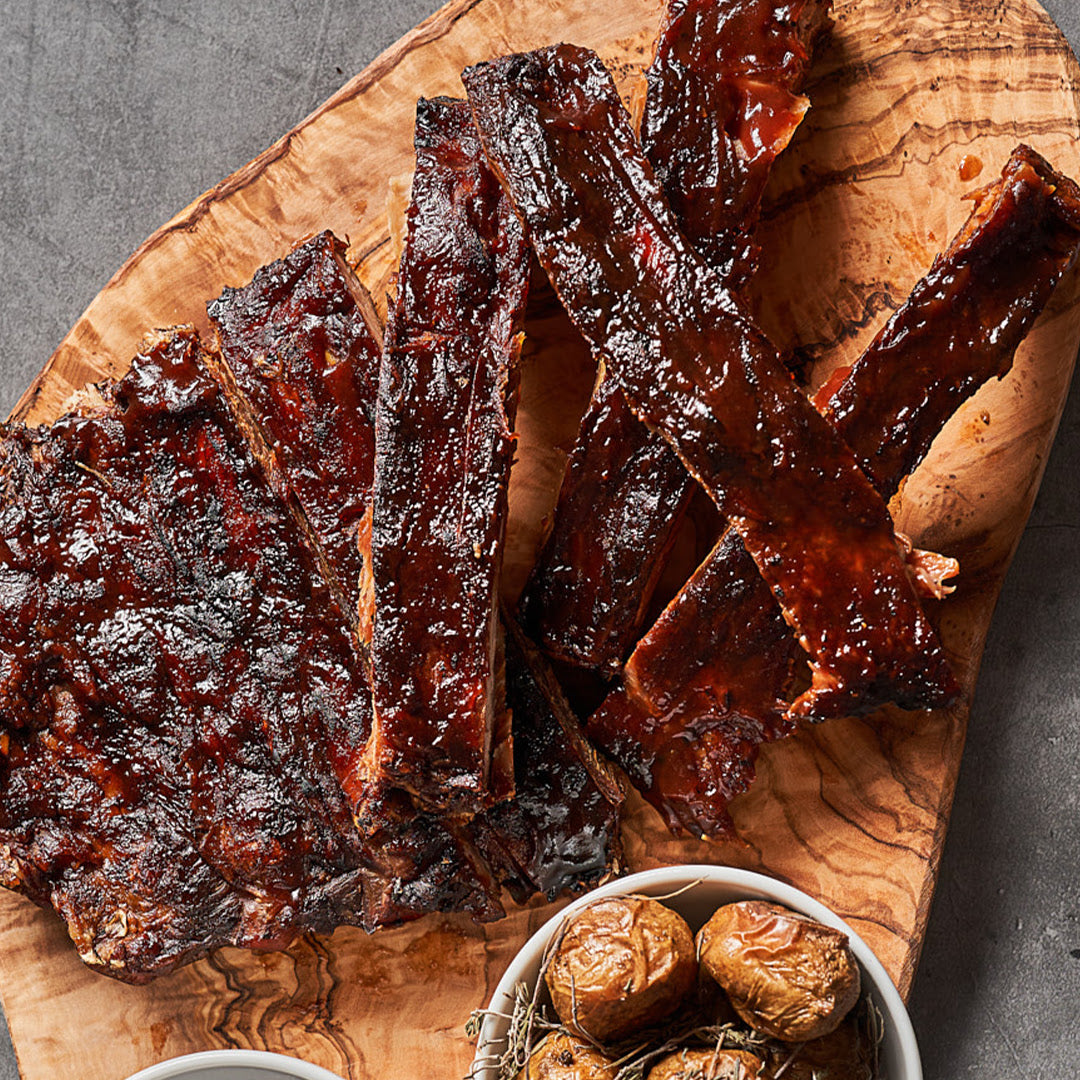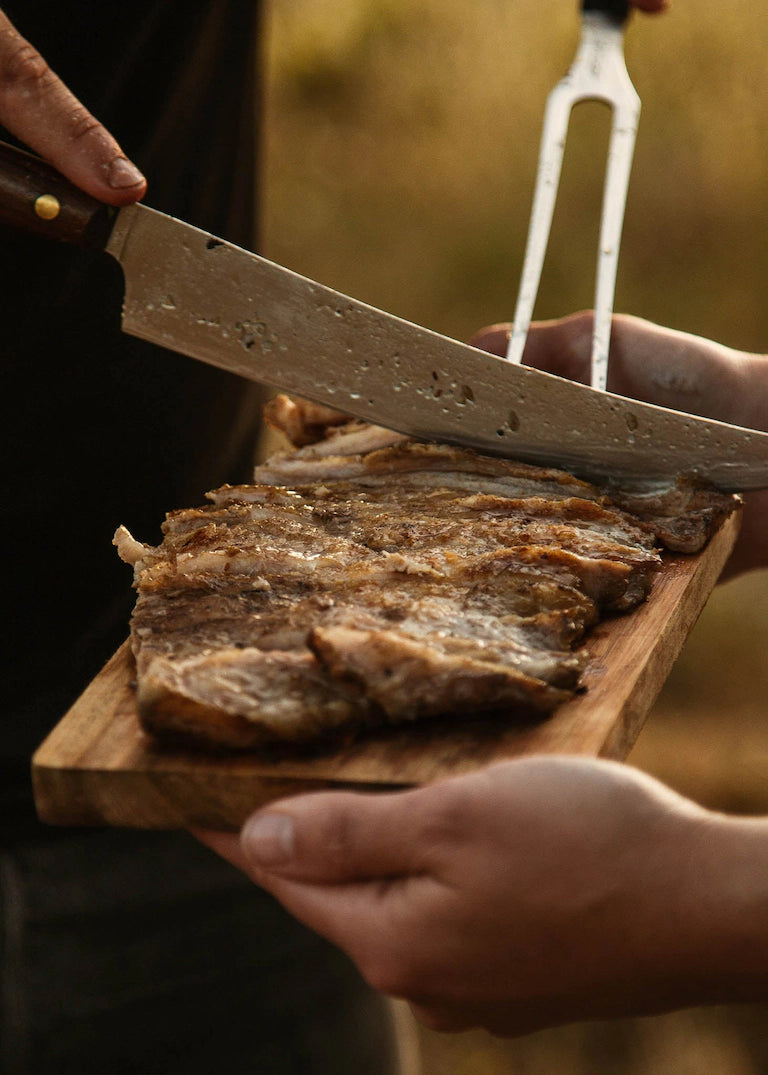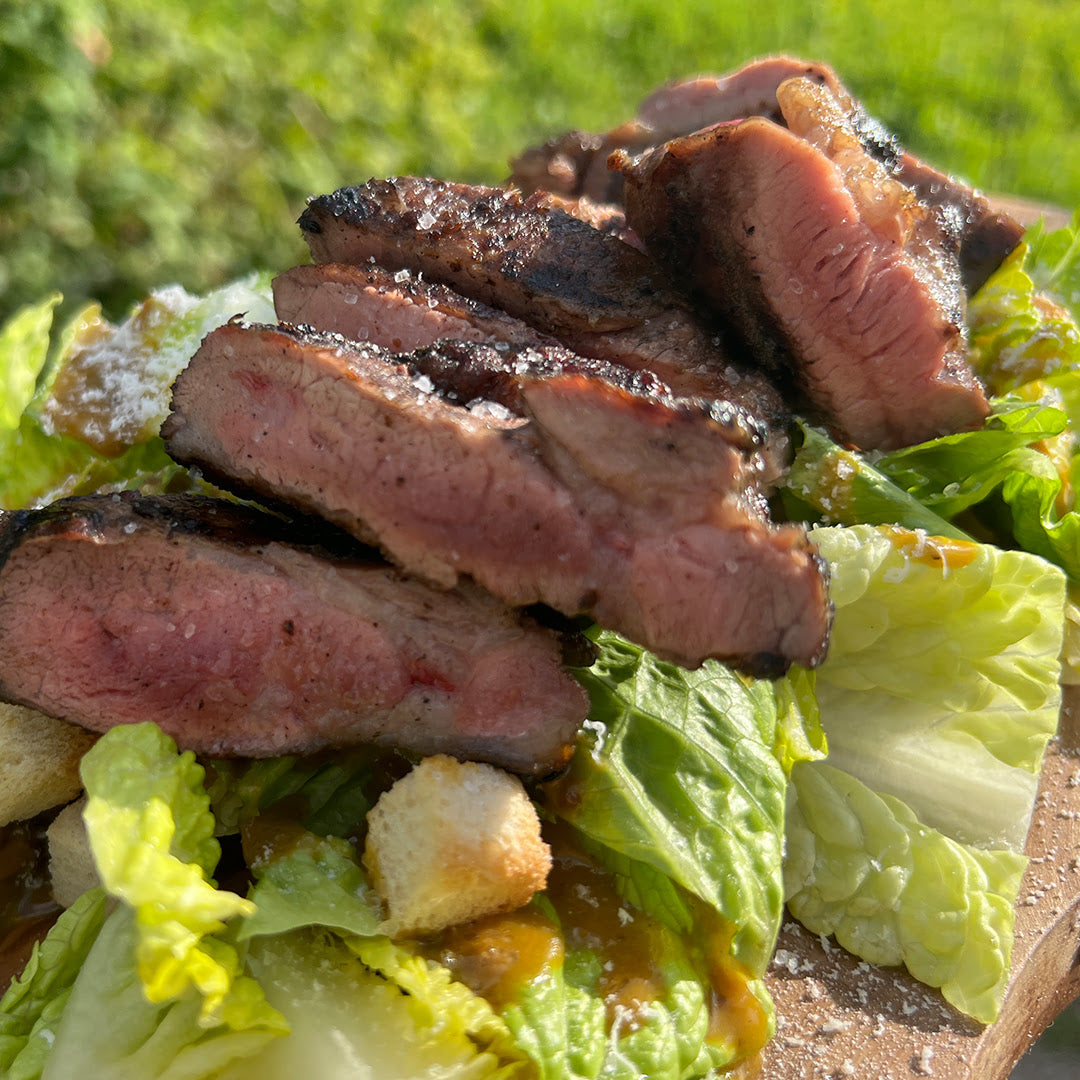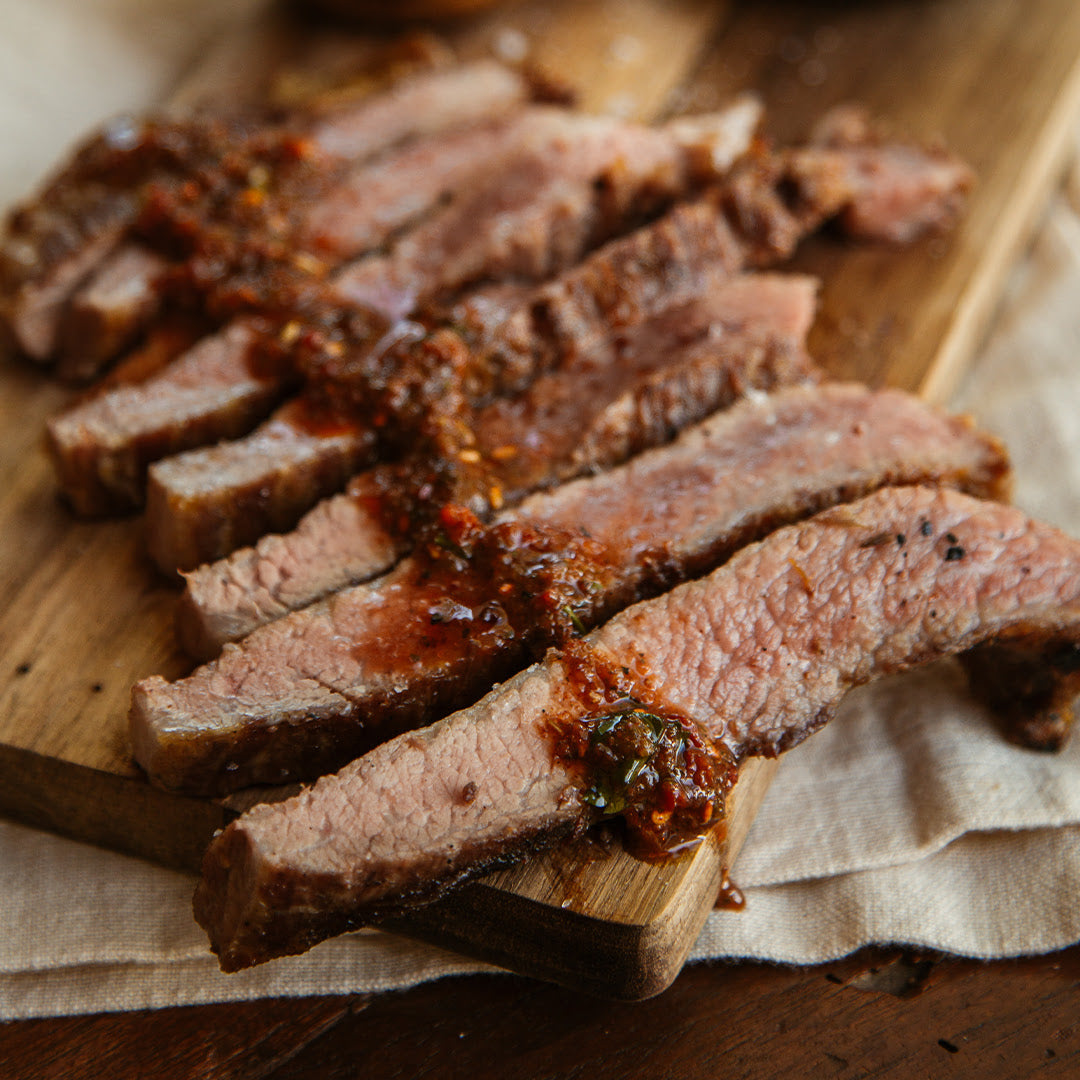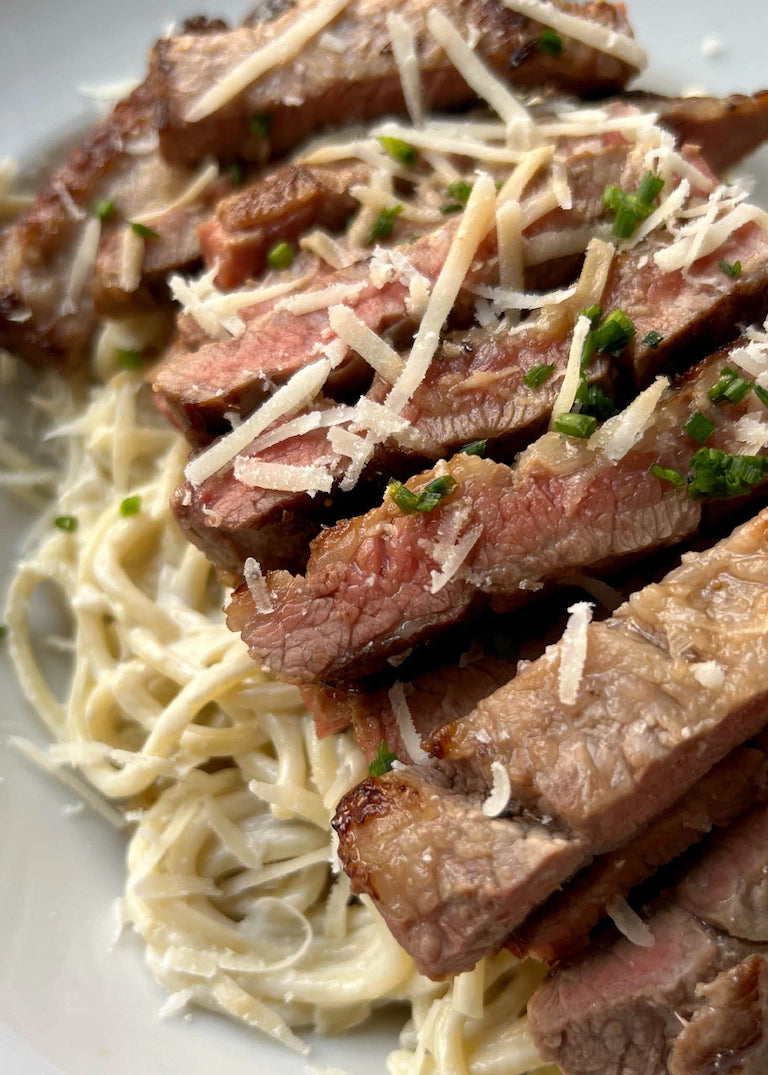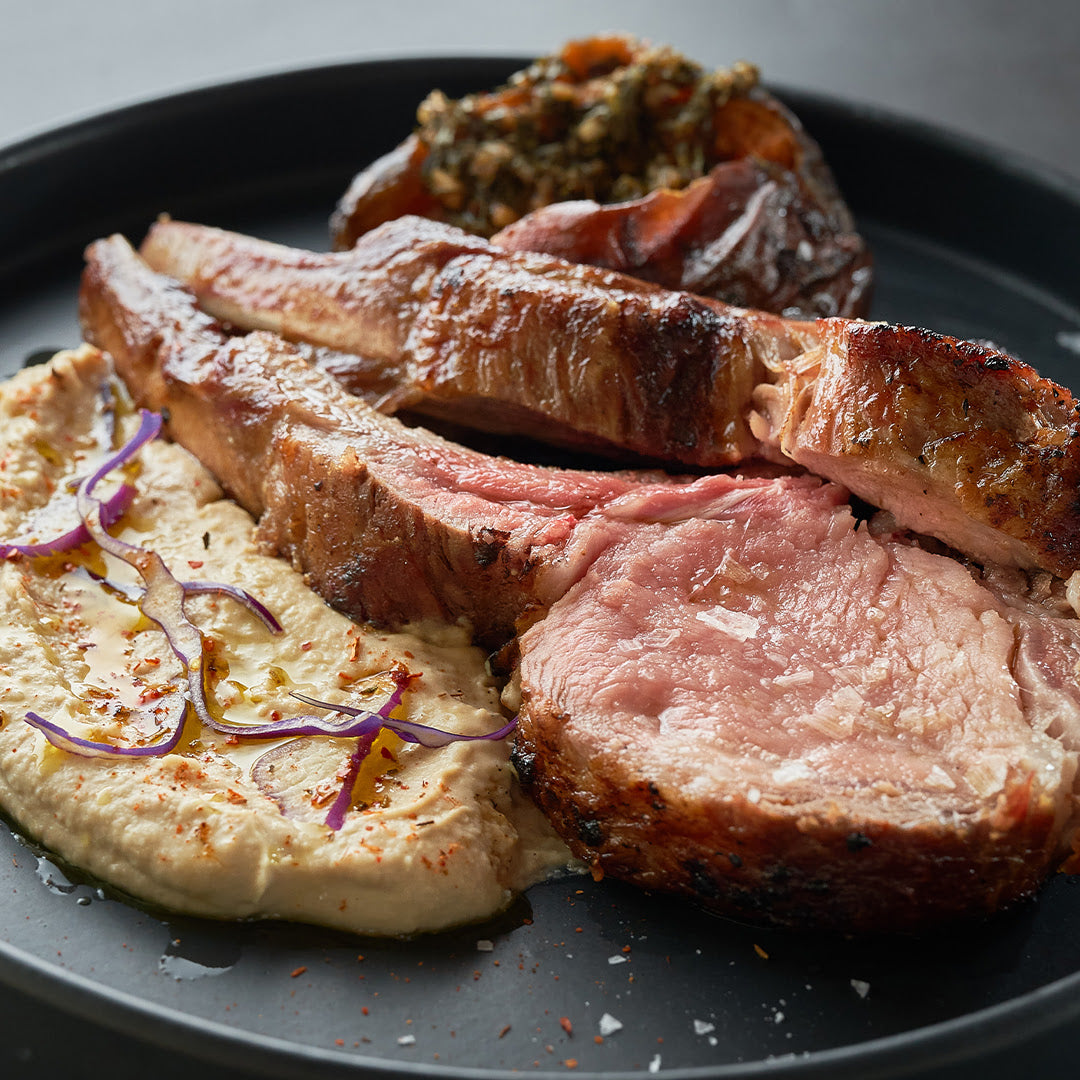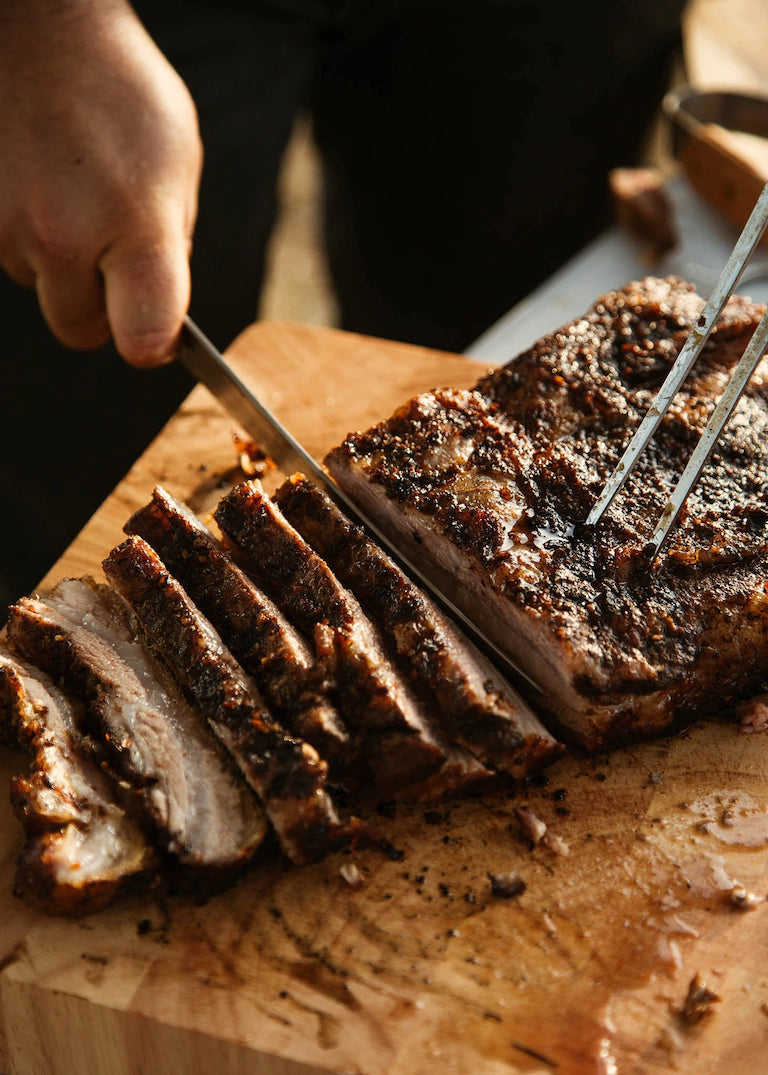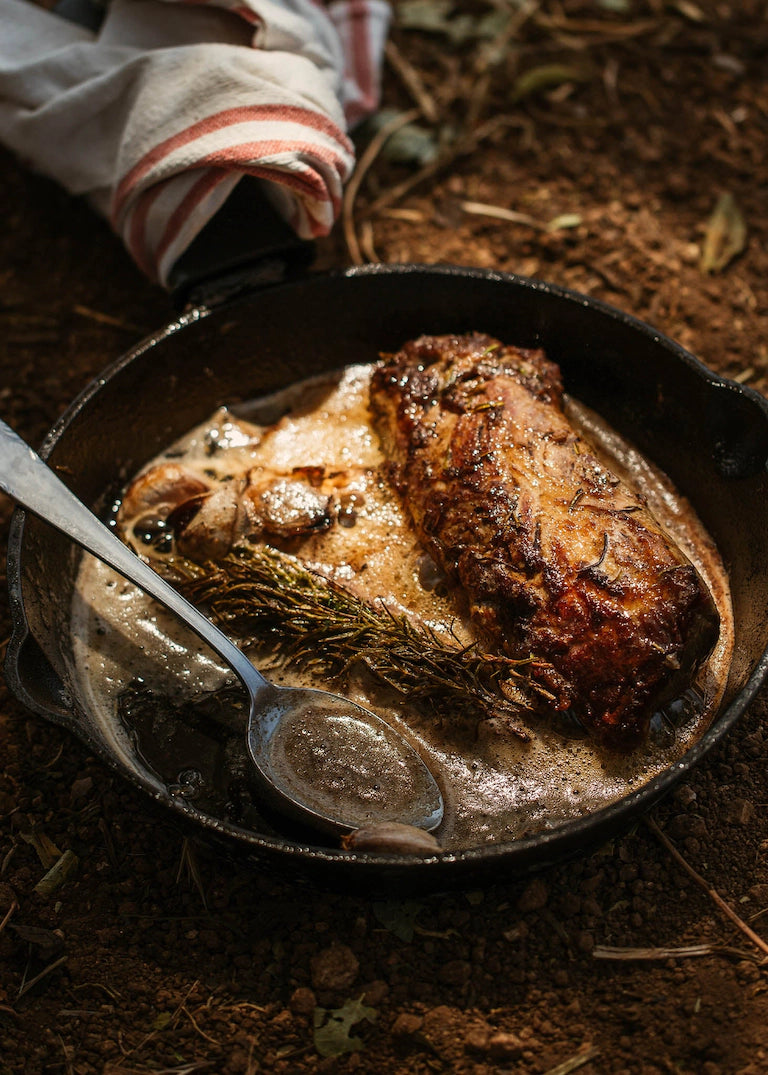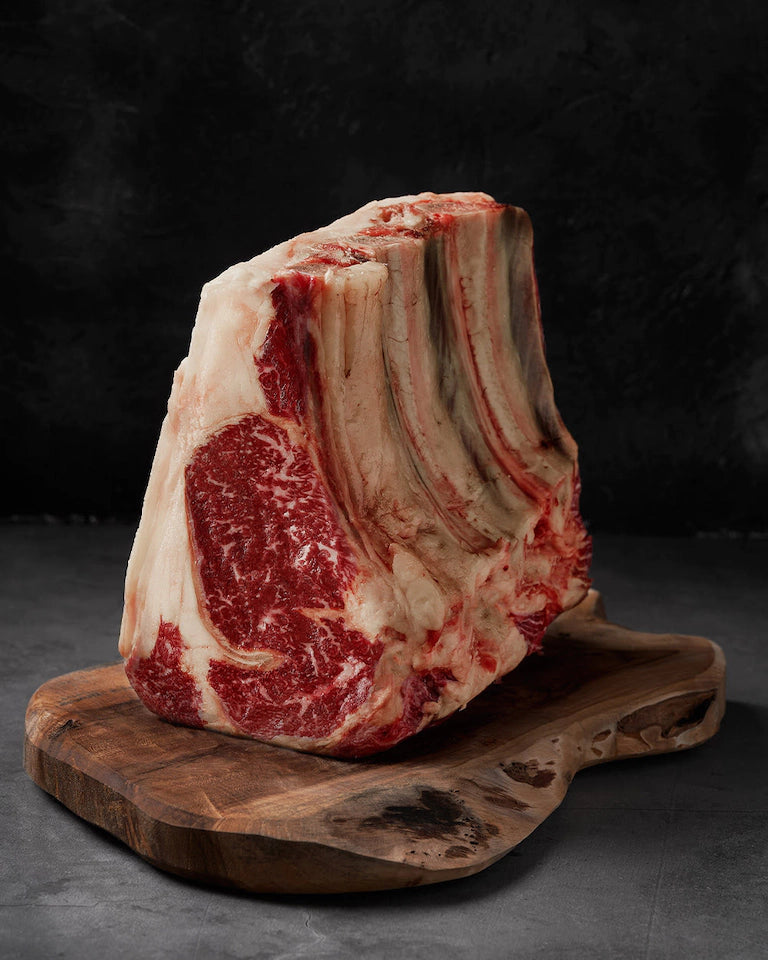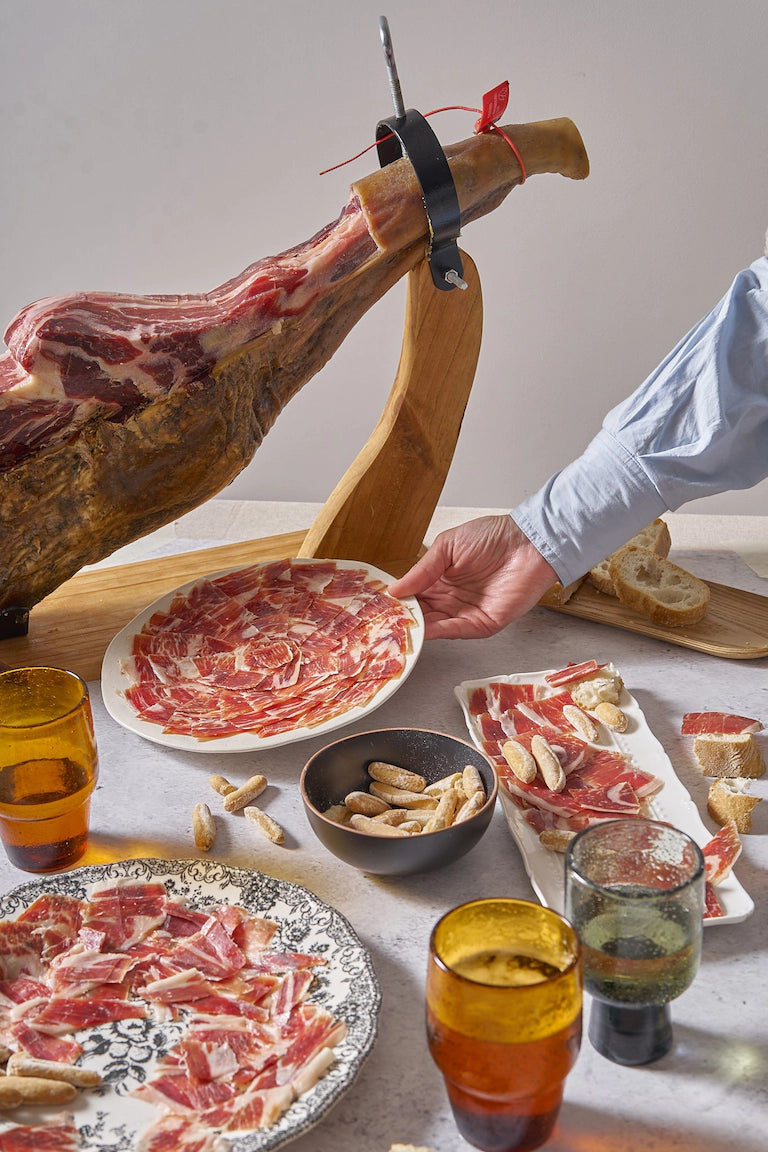
Acorn-fed Iberico pork is a delicacy in many countries because it comes from special black Iberian pigs that are only fed acorns on the plains of the Iberian Peninsula, giving it a unique flavor. It comes in a wide variety of different choices including ham, chorizo, loin, and salami. You can also buy Iberico sausages as well as many other cuts of meat that you can take home to grill or cook.
The Acorn-Fed Black Iberian Pig can only be found in Spain and Portugal. It must be from a pure breed equal to or greater than 50% Iberian breed. Iberian pigs are unique, and the pork that comes from them is deliciously tender and juicy.
Iberico Pork Breeds
While Black Iberico Pork is the most famous type of acorn-fed pork, there are some other types of pigs that produce this pork. Black Iberico Pork is from a pig that has black fur. The meat is known to be very delicate and fine. The pig is also hairless and can accumulate large portions of fat when fed with an acorn diet.
Iberico Pork can also come from Red Iberian pigs. Red pigs will have a higher muscle content compared to black pigs. There are also retinal pigs and tobiscal pigs which are derived from the Red Iberian pig breed.
Life Cycle of Iberian Pigs
Knowing the life cycle of Iberian pigs can help you understand their diet, and how they are bred and fed to produce delicate Iberico pork.
Female Iberian pigs usually become pregnant once they reach 8 to 12 months of age. During pregnancy, they will reach a weight of about 65 kg. They have a short gestation of about 8 to 12 months and will usually have 4 to 6 piglets in one litter. The piglets then have 3 different developmental periods:
| Breeding period | This is the time from the moment they are born until they stop taking milk from their mother. They need to reach 23 kilograms before they can stop feeding from the mother. |
| Rearing period | During this time, they will start their acorn-based diet. This is low energy and high fiber feed. It gives the pig their bone and good muscle structure. |
| Bait period | This is the period right before they are slaughtered. |
How Does the Acorn Diet Affect the Meat?
Diet is the number one factor when it comes to the quality and flavor of the meat you will get. This applies to every animal but is extra important when it comes to acorn-fed Iberian pigs.
Typical pigs are fed pig feed, or they might be fed cereals and other grains. Acorn-fed pigs can be fed solely acorns, or they might be fed acorns in combination with other types of feed or food.
Pigs that are only fed acorns have the highest quality meat. They are only fed acorns and foods from natural pastures. They also are allowed to roam freely and are not locked inside barns or homes.
Field bait pigs are also fed acorns with a combination of herbs and fodder. Cebo Iberian Pigs are not raised with freedom and cannot roam freely. They are kept on headlands and their diet will be all feed and no acorns.
How is the Meat Cured?
Iberico Pork can be sold fresh, if you buy it from a butcher, or frozen if you order it online. Sometimes the meat is cured. You will find cured pork commonly in Spain, and across the Iberian Peninsula.
Iberico Ham is the main meat that is cured, and this happens in 5 phases:
-
The pork leg will need to be salted and then washed and brushed once the salting process has finished.
-
All the salt residues need to be removed thoroughly.
-
The pork leg will then need to rest. This allows the salt to spread evenly throughout the leg and gives the best flavor and aroma.
-
Next comes the maturation phase where the ham will be dehydrated.
-
It then needs to go through another aging and resting process so that the salt can spread, and the pork leg will achieve maximum quality.
Final Thoughts
Acorn-Fed Iberico Pork comes mainly from the Iberian Peninsula in Europe. They are fed a special diet of acorns and natural things found in the pastures where they are allowed to roam freely. Iberian Pigs go through a special diet and life cycle to achieve high quality and flavorful meat.
